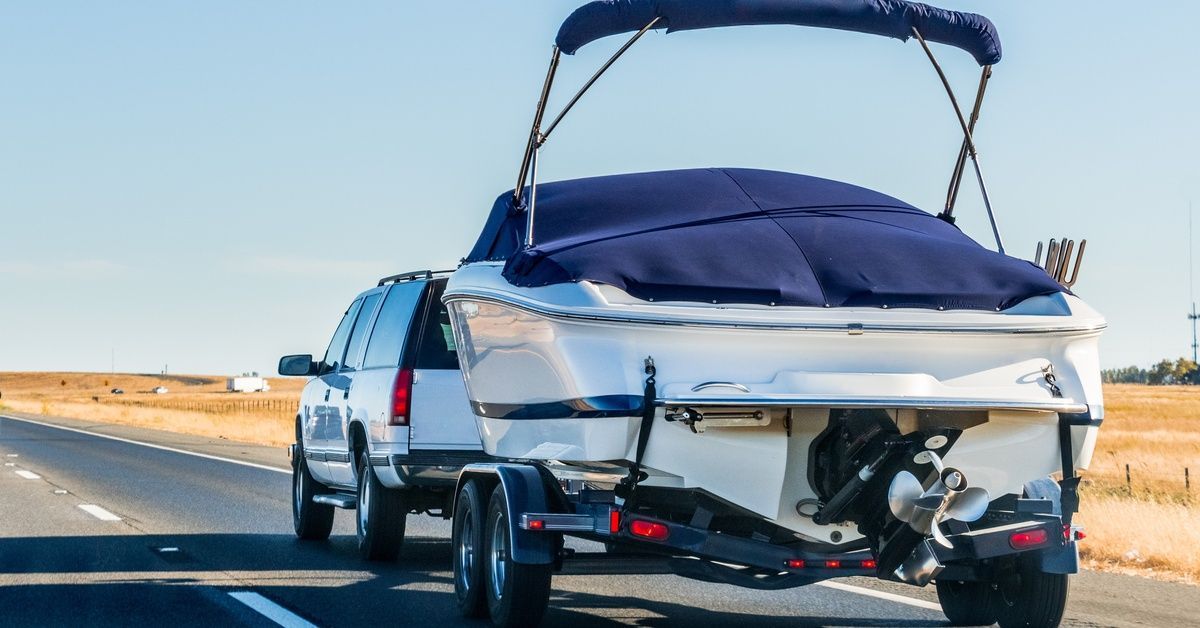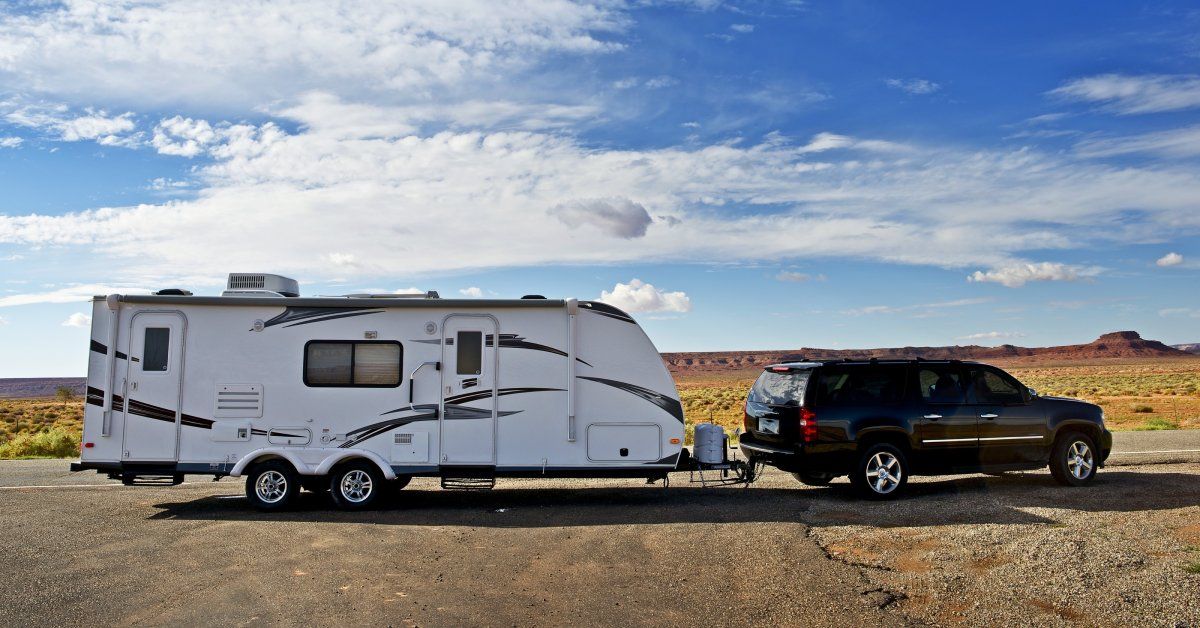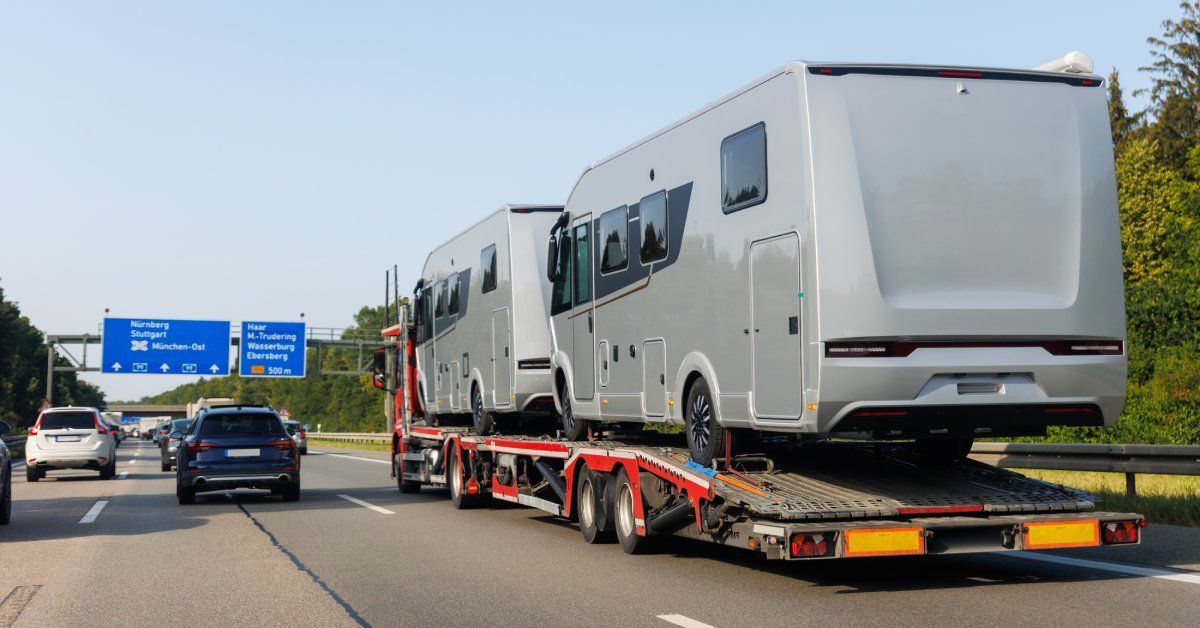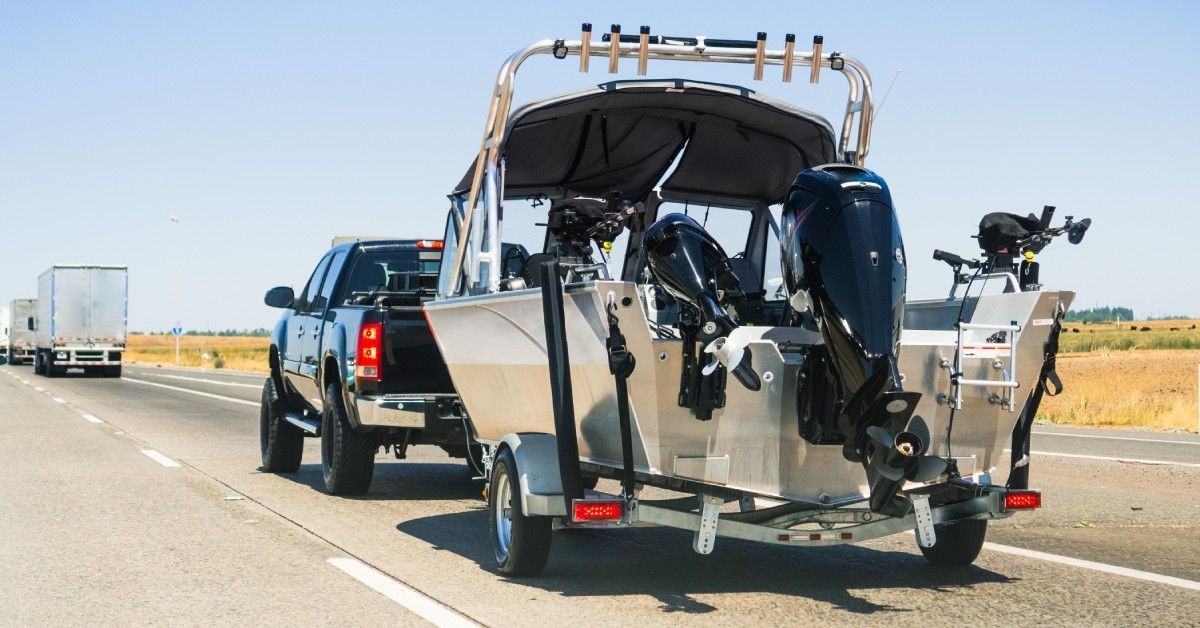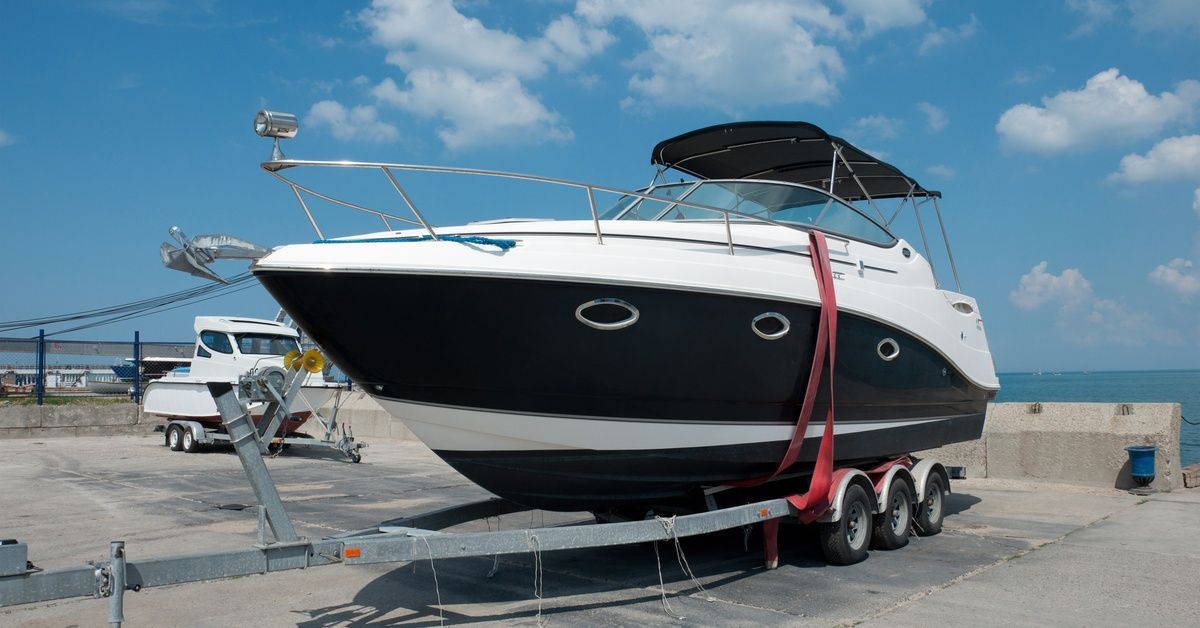Licenses a National Transportation Service Should Have
When starting a professional transportation service, acquiring the right licenses is one of the first steps you’ll need to complete. The licenses your national transportation business holds are foundational blocks of your business that build trust with authorities and clients. Start here if you’re wondering which licenses you should have for your national transportation service.
Commercial Driver’s License (CDL)
First, all of your haulers must obtain a commercial driver’s license (CDL). Having a CDL is a requirement for anyone driving a vehicle over a certain weight limit (often 26,001 pounds). Transporting hazardous materials can also call for a CDL as a HAZMAT endorsement added to your state CDL. This is due to the specialty training required to haul hazardous materials, which could damage vehicles or the environment if not properly handled. Other factors influence your need for a CDL and which license class to pursue, such as vehicle weight and number of passengers.
Obtaining a CDL is a testament to your drivers’ capability and safety. The process for getting this license is segmented into classes that signify the type and size of vehicle, from light trucks to tractor-trailers. It’s essential for business owners to understand and stay updated with CDL regulations and ensure all drivers have the appropriate licenses.
Unified Carrier Registration Agreement (UCRA) License
Operational compliance doesn’t stop at the state line, and neither do UCRAs. The Unified Carrier Registration (UCR) streamlines the registration process and compliance requirements for carriers operating in interstate transport. It provides a single point of contact for registration and fee payment, ensuring a consistent standard across states.
Transportation business owners must register and pay the required fees determined by the number of vehicles they operate. Compliance ensures your business can legally operate across state boundaries, providing a broadened market and larger service area for potential growth.
Federal Operating Authority License
The Federal Operating Authority License, which you can obtain through the Federal Motor Carrier Safety Administration (FMCSA), is a must-have for any motor carrier business. This license authorizes you to operate within interstate or foreign jurisdictions, a prerequisite for hauling cargo across state lines.
Obtaining this license involves submitting the application, demonstrating financial liability capabilities, and maintaining a thorough understanding of the related regulations.
International Fuel Tax Agreement (IFTA)
In the professional transportation field, fuel is crucial to your service. The IFTA streamlines fuel use taxation policies for motor carriers that operate across states or international boundaries, assuring optimal tax accountability.
Failing to comply with the IFTA can lead to tax evasion charges and considerable penalties, making it imperative to obtain the correct IFTA license and maintain your IFTA records. A compliance strategy should involve implementing a fuel management system that tracks and reports fuel use across states, simplifying tax preparation and audit procedures.
Navigating the waters of national transportation requires vigilance and a commitment to following all regulations. These four licenses you need for national transportation are the cornerstones of a solid legal framework when transporting goods or people across multiple jurisdictions. At Coast to Coast Transportation, we understand the importance of maintaining these licenses to ensure reliability, safety, and efficiency for every mile. If you’re looking for a professional and certified transportation company, look no further than Coast to Coast Transportation.

